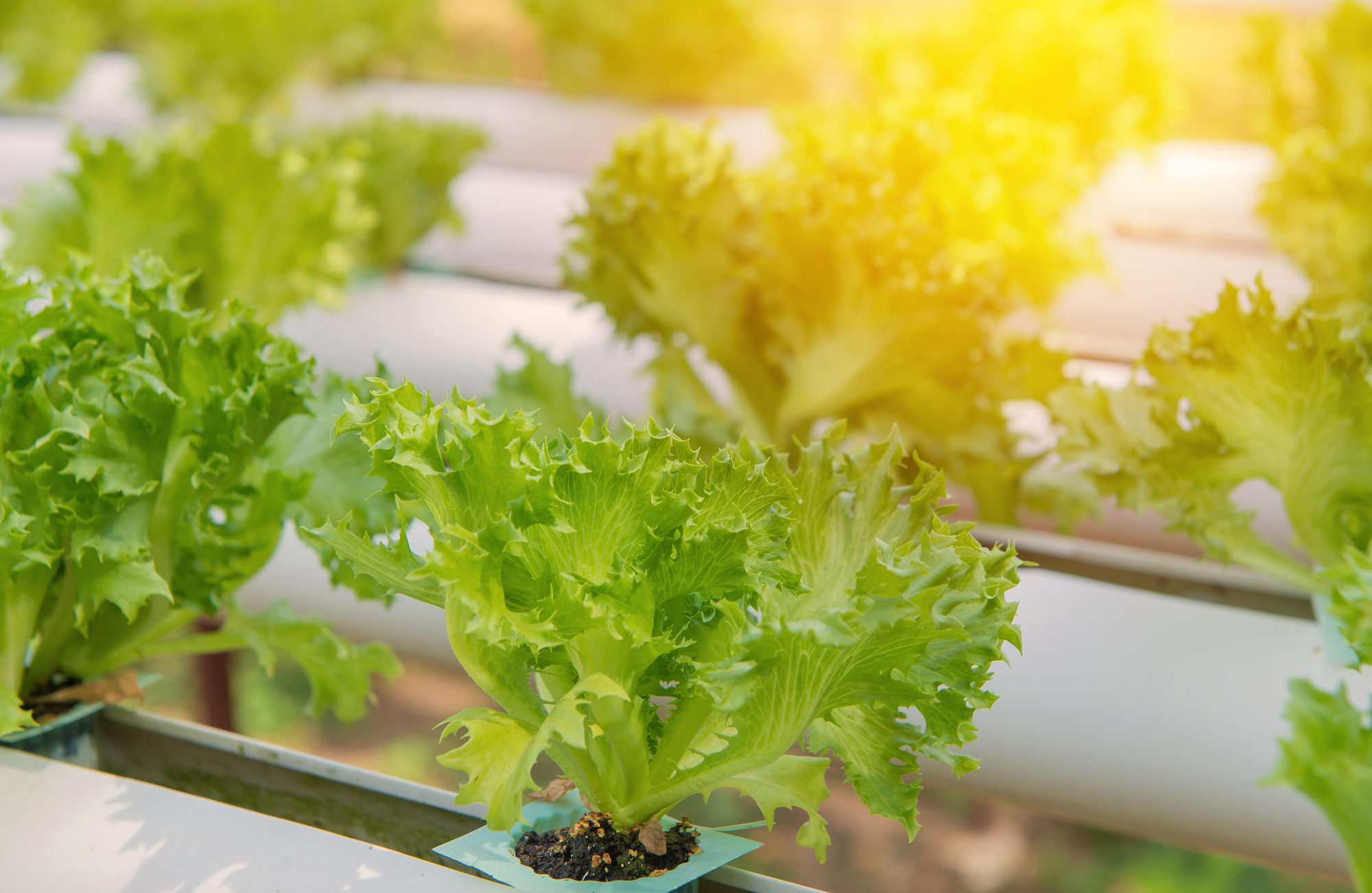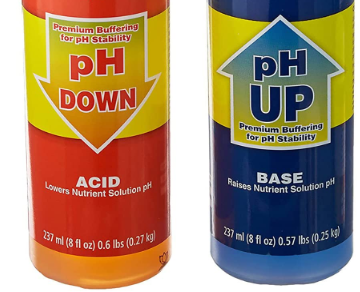Hydroponics
Understanding Nutrients and Solutions
When it comes to the world of hydroponics – the art and science of growing plants without soil – understanding nutrients and solutions is fundamental to your success. Plants need specific nutrients to grow, develop, and produce optimally. Without the constraints of soil, hydroponic systems require growers to provide these nutrients directly. In this article, we will delve into the various nutrients plants need, discuss the debate between organic and synthetic nutrients, and offer tips on mixing and adjusting nutrient solutions. Lastly, we’ll highlight common nutrient deficiencies so you can better anticipate and respond to potential issues.
Check out our in-depth reviews of these organic hydroponic nutrients so you can feed your vegetable plants the nutrients they need to maximize your harvest.



Hydroponic Nutrients
1. Macro and Micro Nutrients
Just like humans, plants have dietary needs, split into two main categories: macronutrients and micronutrients.
Macronutrients are nutrients that plants consume in larger amounts. They include:
- Nitrogen (N): Essential for leafy, vegetative growth. It is a major component of chlorophyll and is crucial for photosynthesis.
- Phosphorus (P): Promotes root development and is vital for flowering and fruiting stages.
- Potassium (K): Enhances the overall health of the plant, including its resistance to diseases.
- Calcium (Ca): Supports cell wall structure and stability.
- Magnesium (Mg): A vital component of chlorophyll and necessary for photosynthesis.
- Sulfur (S): Integral for certain amino acids and vitamins.
Micronutrients, though required in smaller amounts, are no less important. They include:
- Iron (Fe): Essential for chlorophyll production.
- Manganese (Mn): Supports enzyme activation and photosynthesis.
- Zinc (Zn): Necessary for various enzymes and proteins.
- Copper (Cu): Plays a role in photosynthesis and respiration.
- Boron (B): Important for cell division and sugar transport.
- Molybdenum (Mo): Facilitates nitrogen utilization.
2. Organic vs. Synthetic Nutrients
The debate between organic and synthetic nutrients is akin to that of traditional farming methods.
Organic Nutrients: Derived from natural sources like plants, animal waste, or mined minerals. Some benefits include:
- Generally safer for the environment.
- Might improve flavor and nutritional profile of produce.
- Fewer risks of nutrient burn.
However, they can be:
- More expensive.
- Less concentrated, requiring larger amounts.
- Prone to clogging in hydroponic systems.
Synthetic Nutrients: Chemically produced to be highly soluble and provide optimal nutrient ratios. They:
- Are often more cost-effective.
- Offer precise nutrient ratios for better control.
- Are highly soluble, reducing system clogs.
However, they:
- Can pose environmental concerns if not managed correctly.
- Might lead to nutrient burn if overused.
3. Mixing and Adjusting Nutrient Solutions
When preparing a nutrient solution, always refer to the manufacturer’s instructions. General steps include:
- Start with quality water, preferably filtered.
- Add nutrients gradually, mixing thoroughly before adding more.
- Always adjust the pH of your solution. Most plants prefer a pH range of 5.5 to 6.5. Use pH up or down solutions as needed.
- Use an electrical conductivity (EC) meter to measure the nutrient strength. Adjust based on the plant’s growth stage and specific needs.
- Monitor regularly and adjust as required.
4. Common Nutrient Deficiencies
Being vigilant about nutrient deficiencies can save a crop. Some common signs include:
- Nitrogen: Older leaves turn yellow and may fall off.
- Phosphorus: Dark, purple coloration in older leaves.
- Potassium: Yellow or brown tips and edges on older leaves.
- Calcium: New leaves appear distorted or curled with dark edges.
- Magnesium: Older leaves display interveinal yellowing.
- Iron: Younger leaves become yellow with green veins.
In summary, the success of a hydroponic garden largely hinges on the mastery of nutrient solutions. By understanding the needs of plants and monitoring solutions carefully, growers can ensure robust plant growth and bountiful yields. Whether you opt for organic or synthetic nutrients, the key lies in careful management, regular monitoring, and a willingness to adjust when needed.
Stay In Contact
Drop us a note and let us know what is on your mind regarding hydroponics.
Address
2700 Brase;ton Hwy. Suite 10-244, Dacula, Ga. 30019
Phone
(706) 247-7060
